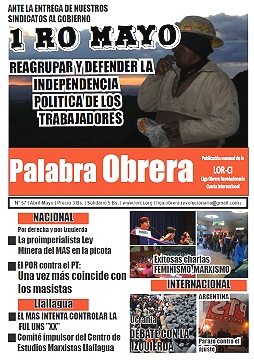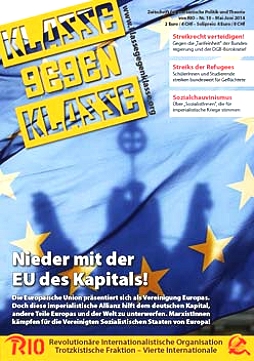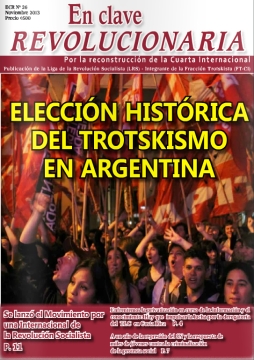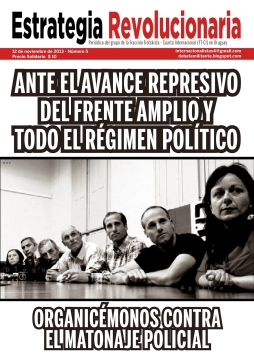U.S.
A new escalation in Afghanistan
10/12/2009
In his speech on Tuesday, December 1, in front of the West Point military academy cadets, President Barack Obama confirmed the sending of 30,000 more soldiers to Afghanistan. In this way, Obama is responding to demands from the Pentagon, especially from US General Stanley McChrystal, in charge of the mission in Afghanistan, who had requested 40,000 soldiers, as part of a change in military strategy, the axis of which is fighting and defeating the Afghan Resistance against the US occupation and Hamid Karzai’s government. With this new increase, US troops would total almost 100,000 soldiers, in addition to the nearly 40,000 soldiers from several NATO member countries.
In his speech, Obama dwelt on the argument of the "necessity" of maintaining the imperialist occupation of Afghanistan, contrasting it with the "unnecessary and costly" Iraq war, to put an end to the Taliban and thus safeguard the security of the United States. Obama declared this troop increase to be of "vital national interest," an increase that will go on adding expenses to the already enormous military expenditure that feeds off the impoverishment of poor and working-class people in the US.
With this speech, Obama tried to persuade the ever-increasing percentage of US residents that are opposed to the war in Afghanistan, and also tried to persuade several Democrats, who are already beginning to differ with Obama for fear of being punished by the population in the coming 2010 midterm elections. Obama stated that this was the responsible "exit strategy" that would begin with the gradual withdrawal of troops in 2011, as if that would help to get through the bitter experience of the sending of 30,000 more soldiers. As if reasons were lacking to confirm the continuity of Obama’s administration with that of George W. Bush, who began the wars in Afghanistan and Iraq in 2001 and 2003, respectively, Obama announced that he is ready to "finish the job" begun by the Republican administration.
Since taking office, Obama and his cabinet have only escalated US military intervention in the Middle East, behind a "new strategy" based on troop increases. To this, the Democratic administration added "its own war," by extending the Afghan conflict to the border with Pakistan, named the Af-Pak conflict. Despite his announcement of the eagerly awaited withdrawal of troops from Iraq, the reality is that US military intervention and the number of US soldiers have only increased.
Obama’s "change" is only concentrating troops in Afghanistan once again, with the aim of training security forces, helping to form an Afghan army and police, to aid in planning a "responsible transition" of power to the Afghans. Any resemblance to Iraq is not accidental.
The army Obama heads is now confronting a growing resistance against the imperialist occupation, to which has been added the political crisis of the Afghan government after the August 20 fraudulent elections, which the US ended up recognizing. In his West Point speech, Obama admitted that "although marked by fraud, the election resulted in a government that is consistent with the laws and constitution of Afghanistan."
With this announcement, Obama’s administration leaves no room for doubt about its aim of trying to repair United States domination, which was severely disputed for the eight years of Bush’s unilateral, warmongering policy. Far from the expectations of change of those who voted for him, Obama more and more looks like the sponsor of the continuing imperialist agenda and the imposition of its national interests on the oppressed peoples of the world. The enormous bitter experience that Obama’s warmongering policy is causing is setting forth important lessons for the millions that mobilized against the imperialist war and occupation in Iraq and Afghanistan, which the Democratic administration is now continuing. Only the alliance with the oppressed peoples, beginning with those of Iraq and Afghanistan, and those of the entire Middle East, will be able to curb imperialist militarism that, although it is changing its appearance, does not change its objectives.








